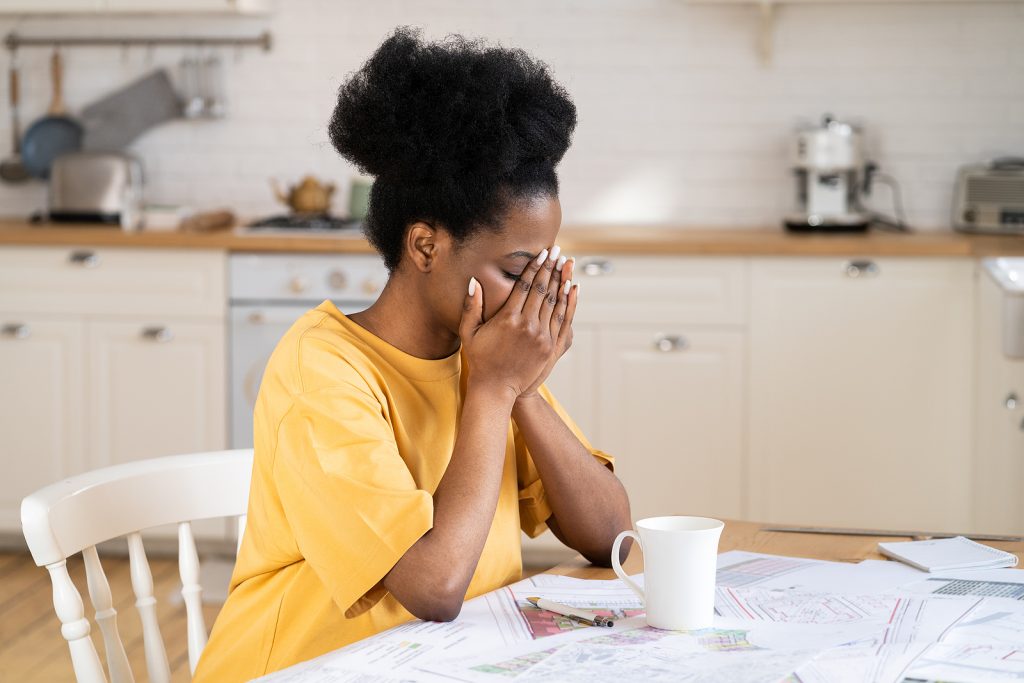Filing a Chapter 13 or a Chapter 7 bankruptcy in North Carolina can help substantially when you need a fresh start. However, there are some debts you will remain on the hook for even after bankruptcy.
Understanding the basic rules can help you as you make your decisions. Ultimately, talking to an experienced attorney about your circumstances is the best way to get the guidance that will work best for you.
Debts you owe because of a court order or judgment
Debts that neither a Chapter 7 nor a Chapter 13 will discharge include child support, alimony, most types of tax debts, most types of student loans, criminal fines and penalties and personal injury judgments against you. A Chapter 7 bankruptcy will generally not affect these debts; a Chapter 13 will need to provide for full repayment in its plan, or you will remain responsible for whatever remains after your plan’s completion.
Debts you leave out of your petition
If you fail to list any debt at the appropriate juncture during your bankruptcy petition, you may also remain liable for the debt. In addition, you will need to keep paying secured debts such as mortgages or car loans if you want to keep the property.
Debts whose discharge a creditor objects to
In a Chapter 7, a creditor can contest your petition to discharge particular debts. In some cases, judges tend to side with the creditor and let the debt stand. These include debts incurred as a result of committing a crime such as fraud, embezzlement or other theft crimes. This category also includes debts you may owe as a result of willful property damage or injury or breach of trust. Further, creditors may also object to the discharge of debts for loans, cash advances or credit purchases of luxury goods or services of more than $1,150 within 60 days of the bankruptcy filing.
Make sure to get the right information
If you have concerns about particular debts, be sure to discuss the issue with your attorney. Do not give up hope and assume there is nothing you can do. In some cases, it may be possible to work out payment plans or get some other type of relief.







